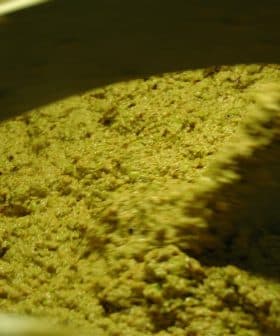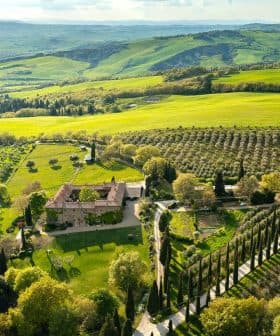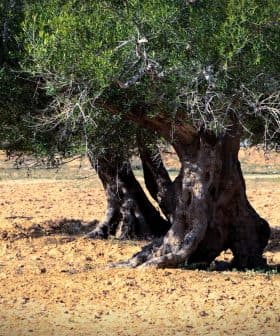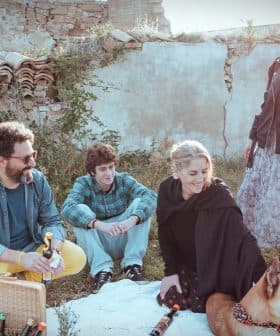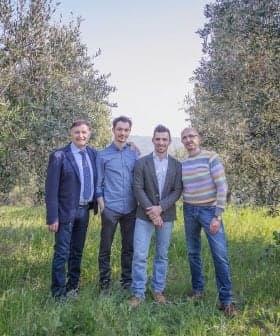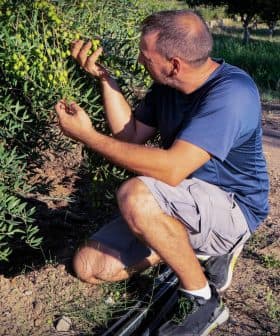 25.9K reads
25.9K readsProducer Profiles
The Olive Farm that Breathed New Life into Cyprus’s No Man’s Land
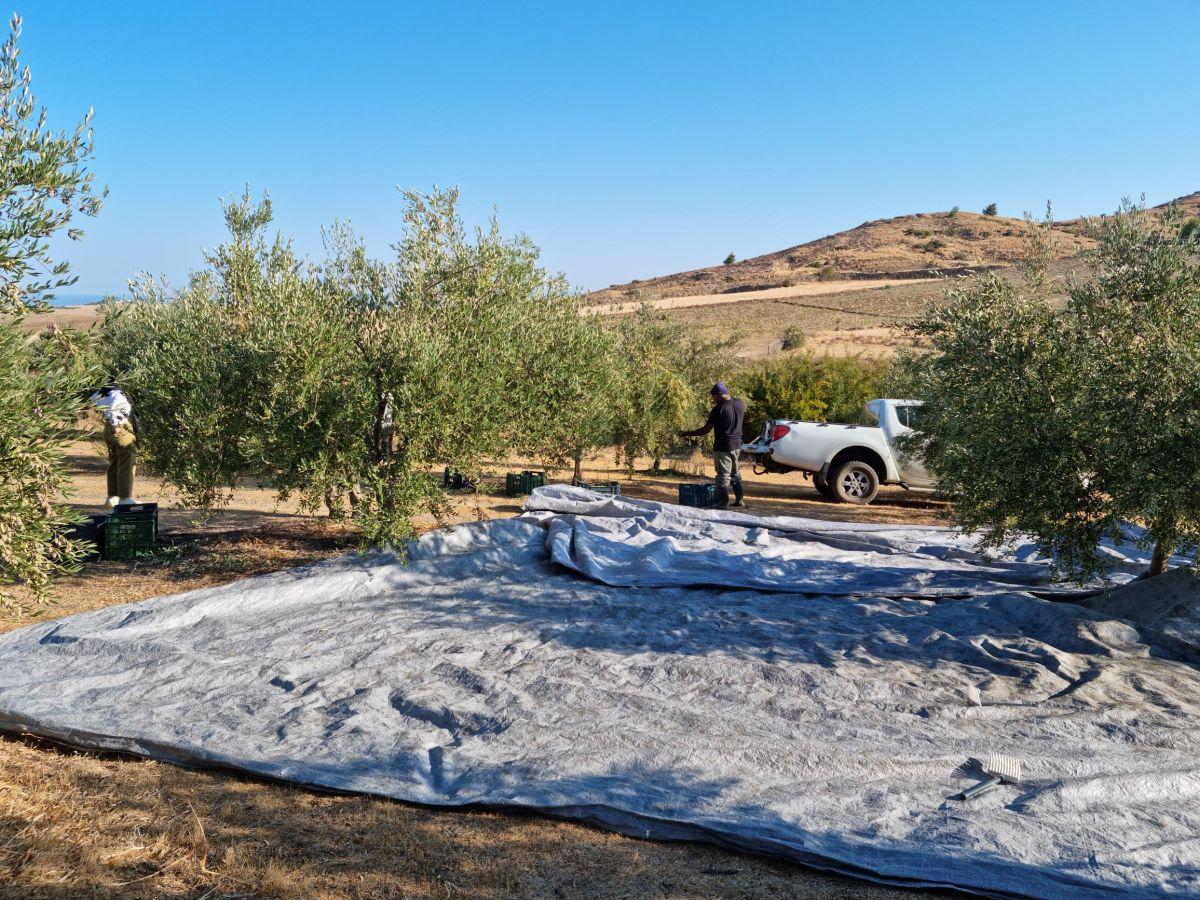
Atsas Organic Products in Evrychou, Cyprus, was founded by George David in 2012 in the buffer zone of the island, producing high-phenolic extra virgin olive oil. The company has become a leading olive oil producer in Cyprus, focusing on sustainability, biodiversity, and agricultural education, and has won awards at international competitions like the NYIOOC World Olive Oil Competition.
In the small village of Evrychou on the island of Cyprus, Atsas Organic Products is the result of the insatiable desire of George David to create an olive farm.
David started the family-owned company from scratch back in 2012 by purchasing agricultural land in Cyprus’s buffer zone, also called ‘the Green Line’ or ‘the Dead Zone,’ the narrow border strip which acts as a buffer between the Greek-Cypriot and the Turkish-Cypriot communities of the island.
Our organic olive groves are the proof that what started as a response to the acute nostalgia for the past became an industry pioneer… We are very optimistic about the future.
By international standards, Cyprus is a small olive oil-producing nation with an annual yield of 2,500 to 3,000 tons of olive oil. However, the company set the bar high from the outset, being passionate about producing a distinctive olive oil to set it apart from the competition.
“When we decided to enter the world of olive oil production, we didn’t want to create merely another extra virgin olive oil of high quality,” Nicholas Savvides, the company’s commercial manager, told Olive Oil Times. “We wanted to create a premium, high-phenolic extra virgin olive oil to make a difference in the industry.”
See Also:Producer ProfilesThe conditions were ideal for the venture the company took on; due to being in the buffer zone, very close to the village of Petra, where David comes from, the acquired land had been left uncultivated for more than 45 years. It provided the perfect ground to grow olive trees.
“Our land lies inside the dead zone in the Solea Valley,” Savvides said. “The soil was virtually virgin and free of any biotic and abiotic factors. Our grove gradually evolved into an eco-friendly farm that became a paradigm and a learning center for sustainable development.”
After a lot of experimentation and focused research, the company achieved its ultimate purpose of producing a high-polyphenol extra virgin olive oil.
“In 2017, our olive oil was found to be the richest in polyphenol compounds among 7,854 olive oils from 15 countries and holds the record until today,” Savvides proudly said. “This was the greatest reward and a boost to continue our work.”
Over the years, Atsas Organic Products has become one of Cyprus’s leading olive oil producers and has enjoyed a reputation for its organic olive oil.
A wide range of high-polyphenol monovarietals and blends are produced at Atsas farm. The company has also marketed its olive oil as a natural food supplement available in bottles of 10 milliliters.
“Olive oil is a staple food, part of our culture and tradition and one of our most beloved and familiar flavors,” Savvides said. “It helps regulate blood sugar levels and protects against heart disease and cancer.”
“According to E.U. regulation 432/2012, the daily consumption of 20 grams of high-phenolic olive oil can protect the human body from oxidative stress,” he added.
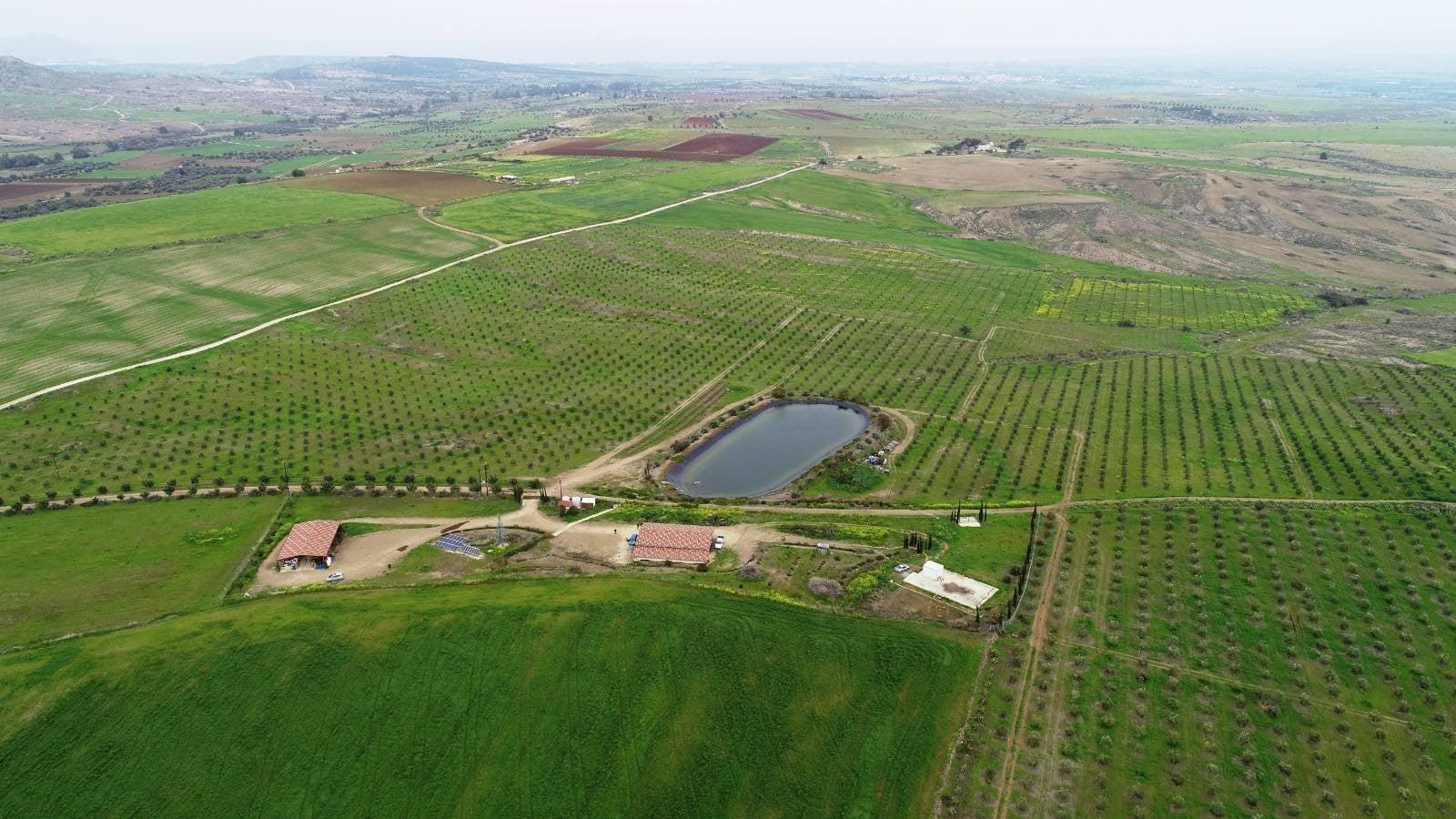
Atsas Organic Products
Atsas farm is virtually an all-inclusive establishment focused on olive oil production, featuring 30 hectares of olive groves, a modern mill and a bottling and packaging facility.
“In our irrigated olive groves, we grow 6,500 olive trees of various cultivars, including Koroneiki, Kalamon and Kypriaki,” Savvides said. “We have also come to an agreement with other producers in the area to nurture their olive trees.”
Atsas Organic Products has also made great strides in adopting regenerative and sustainable agriculture techniques.
All operations in the olive groves, including harvesting the olives and pruning the trees, are performed using manually-operated tools or small-scale mechanical equipment to minimize the impact on the trees from using fully-mechanized harvesting methods and heavy machinery.
In addition, the watering of the trees is achieved by collecting rainwater in an artificial lake on the farm to preserve the natural underground water reserves.
Special care has also been taken towards preserving the biodiversity on Atsas farm.
Apart from olive trees, several other types of trees, including pomegranate and fig trees and even cactus trees, flourish, promoting biodiversity and providing food to local fauna.
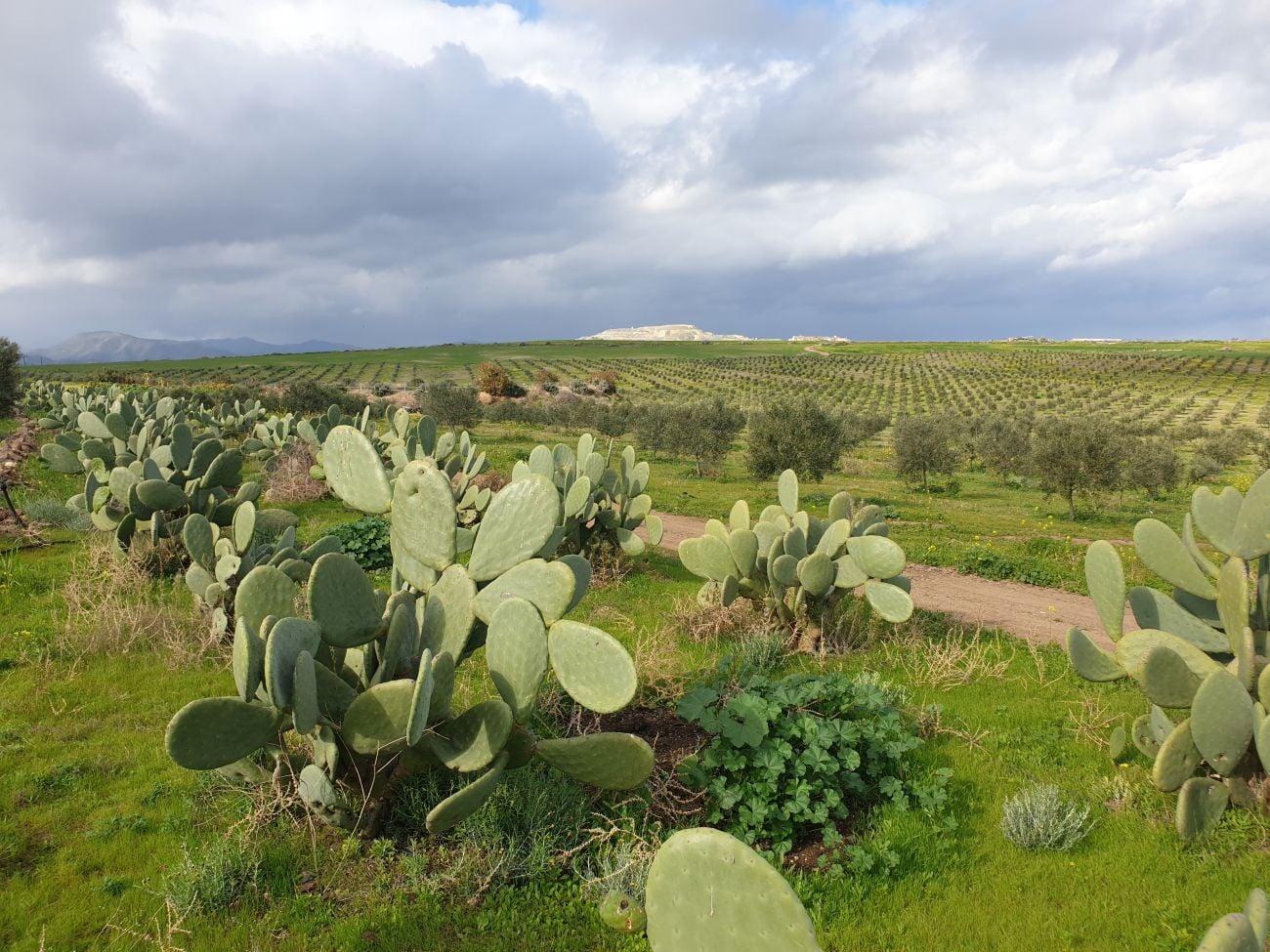
Atsas Organic Products
Bird nests have also been installed on the farm to provide shelter to native bird species.
“We also avoid removing the clusters of indigenous plants that grow on our farm,” Savvides said. “They provide habitat to useful insects and microorganisms that help control pests and fungus.”
“In advance, we don’t completely eradicate weeds, but we prefer to trim them off, leaving plant material on the soil to initiate green composting procedures,” he added. “We also grow plants such as vetch and lucerne along the olive tree lines in our farm to enrich the soil with nutrients.”
Disseminating the knowledge obtained in agricultural development and the cultivation of the olive tree is another area Atsas Organic Products has set foot in, establishing a training center in the village of Katydata open to everybody looking to delve into the world of agriculture.
“The training center realizes our vision to foster agricultural development and educate our fellow citizens through seminars and other educational programs,” Savvides said. “We also want to encourage them to get involved in agriculture and promote the production of staple foods of the Cypriot cuisine.”
The producer represented Cyprus in the 2022 NYIOOC World Olive Oil Competition, earning a Silver Award for the Atsas Silver Edition blend made from Kalamon and Koroneiki olives.
In the previous edition of the competition, the company earned a Gold Award for its silver edition line of organic extra virgin olive oils.
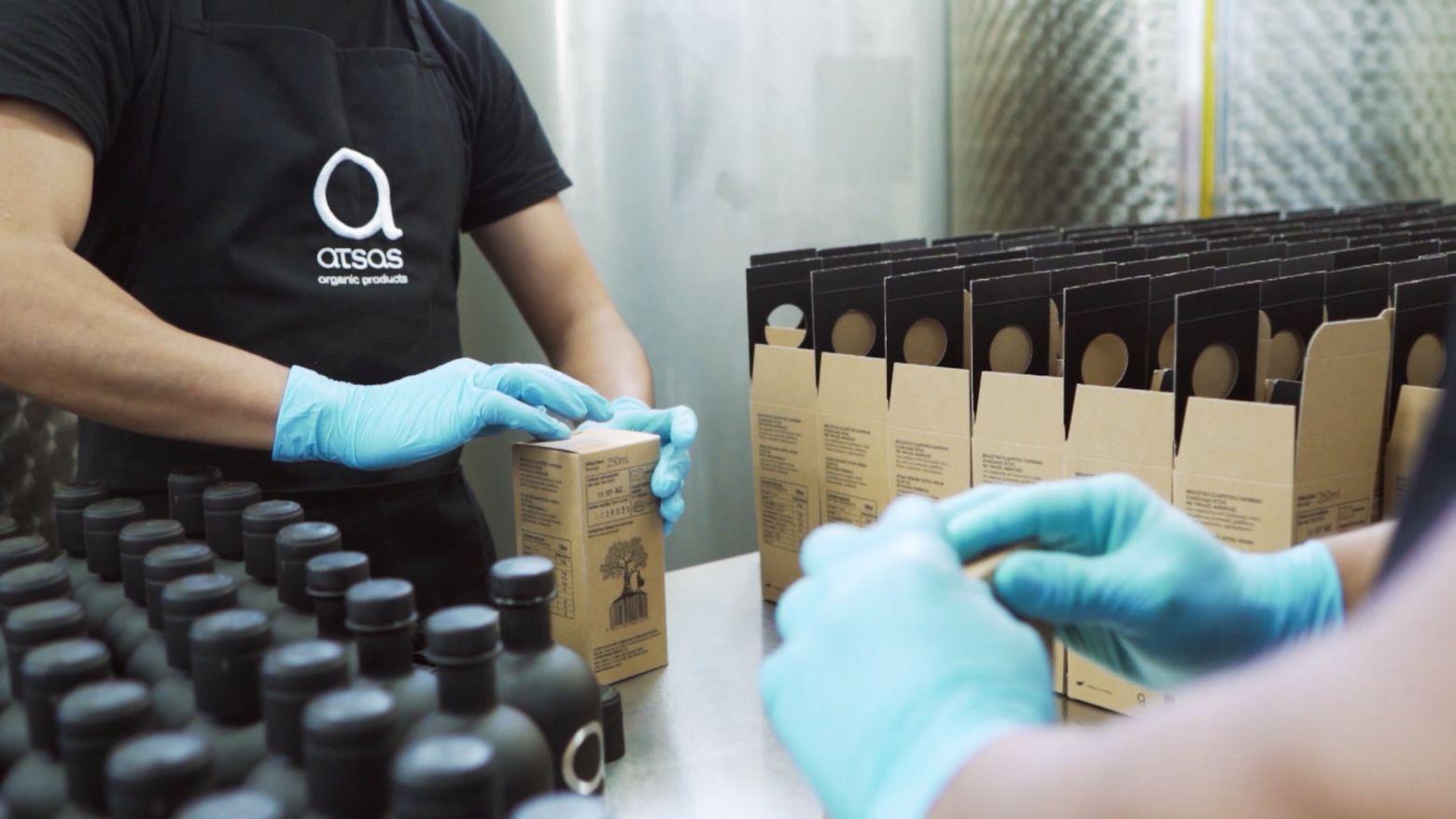
Atsas Organic Products
“It is a great honor to win at the prestigious NYIOOC, and every award we receive is the tangible proof that the hard and methodical work of our team has paid off,” Savvides said. “It is extremely important for Cyprus to be on the global olive oil map.”
The company is anything but content with its success so far, looking to set new goals for the near future and further cement its foundations.
“Our short-term objective is to increase our capacity of olive oil production and extend our products portfolio to organic table olives and olive paste,” Savvides said.
“We also intend to increase our exports to Europe, Asia and the U.S.,” he added. “However, producing an exquisite olive oil rich in polyphenols to top the competition is a challenge to us year in, year out.”
An arduous journey may lie ahead for Atsas Organic Products, Savvides finally noted, with climate change posing the most significant threat by impacting the phenolic stages of olive trees and shifting their growth cycle throughout the season.
Nevertheless, the company’s extra virgin olive oil could be the best guarantee of an auspicious future in olive oil production.
“Our organic olive groves are the proof that what started as a response to the acute nostalgia for the past became an industry pioneer,” Savvides said.
“We are very optimistic about the future since the high-phenolic olive oil category exhibits great potential,” he concluded. “Consumers everywhere tend to opt for more healthy food products, and extra virgin olive oil is quintessential healthy eating.”



